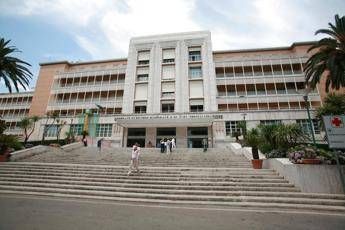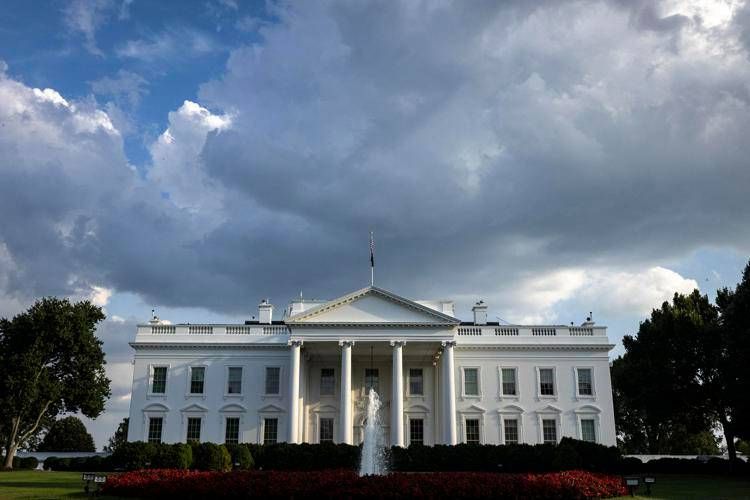
Brexit, five years on: what has changed for trade, travel and immigration
-


Video shock, poliziotto aggredito negli scontri di Torino
-


Alberto Trentini e Mario Burlò sono in Italia dopo la liberazione VIDEO
-


Overnight explosions in Caracas hit military area, widespread power outages reported VIDEO
-


Attacco Usa in Nigeria contro l’Isis, Trump: “Risposta al massacro di cristiani” VIDEO
From trade to travel, a review of the UK’s exit from the European Union
On 31 January 2020, the United Kingdom officially left the European Union after 47 years, triggering an 11-month transition period to mitigate the economic and trade impact of the exit. Five years on, the British broadcaster BBC, through its information verification channel, analysed the effects of Brexit on five key aspects of the referendum campaign led by Nigel Farage.
Trade and international agreements
Despite a free trade agreement with the EU that avoided tariffs, British businesses now face new bureaucratic barriers that have slowed operations and increased costs, affecting small businesses in particular. Several studies estimate a reduction in exports of between 6% and 30%. The trade agreements signed with other countries, such as Australia, New Zealand and India, have also had a limited impact, without compensating for the losses in the European market.
Immigration: fewer Europeans, more non-Europeans
One of the aims of Brexit was to reduce immigration from the EU, which has indeed collapsed. However, the number of workers and students from other parts of the world has increased thanks to the new system based on point-based visas. This change has created difficulties in sectors that depended on European labour, leading to staff shortages in some areas.
Travel: new rules from 2025
Leaving the EU has made travel between the UK and European countries more complicated. From 2025, the EU will introduce two new border control systems:
Entry Exit System (EES): an electronic register that will collect biometric data of non-European citizens entering and leaving the Schengen area, eliminating manual stamping in passports.
European Travel Information and Authorization System (ETIAS): will oblige British citizens to apply for electronic authorisation before entering 30 EU countries. It will cost EUR 7 and will be valid for three years.
For its part, the UK will introduce from 2 April 2025 the Electronic Travel Authorisation (ETA) for EU citizens, with a cost of £16.
Laws and national sovereignty
One of the main objectives of Brexit was the recovery of legislative sovereignty. The British government has incorporated almost 7,000 European regulations into its own law, regulating areas such as health and safety at work, the environment and workers’ rights. Although these laws were initially scheduled to be deleted by 2023, most have been retained, with a few targeted changes.
Budget: how much has the UK saved?
During the Brexit campaign, supporters of the exit claimed that the UK was paying the EU £350 million per week. In reality, the net saving for London was around £9 billion per year, but the government had to cover the funds that previously came from the EU for areas such as agriculture and regional development. Furthermore, the UK chose to continue funding programmes such as Horizon Europe, maintaining economic ties with Brussels.
Five years after the referendum, the Brexit debate remains heated, with economic and social effects continuing to evolve in an uncertain political environment.
THE LATEST NEWS
-

 Meteo19 ore ago
Meteo19 ore agoMaltempo in Italia: allerta arancione in Calabria, frane e allagamenti gravi
-

 News23 ore ago
News23 ore agoL’indagine per la morte della bimba di Bordighera: indagato anche il compagno della madre
-

 Flash22 ore ago
Flash22 ore agoTrapianto di cuore fallito al Monaldi di Napoli: bimbo resta grave
-

 Primo Piano22 ore ago
Primo Piano22 ore agoTrump ordina anche dispiegamento portaerei USS Ford nel Golfo Persico















